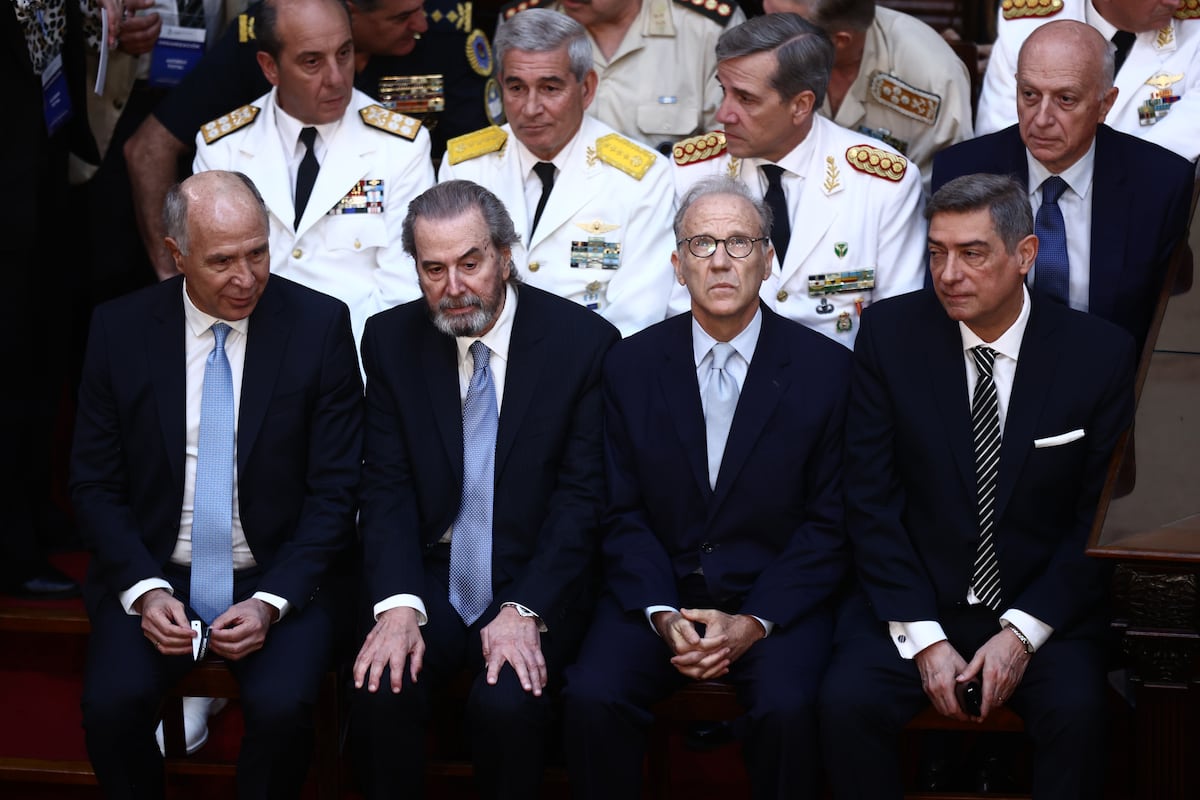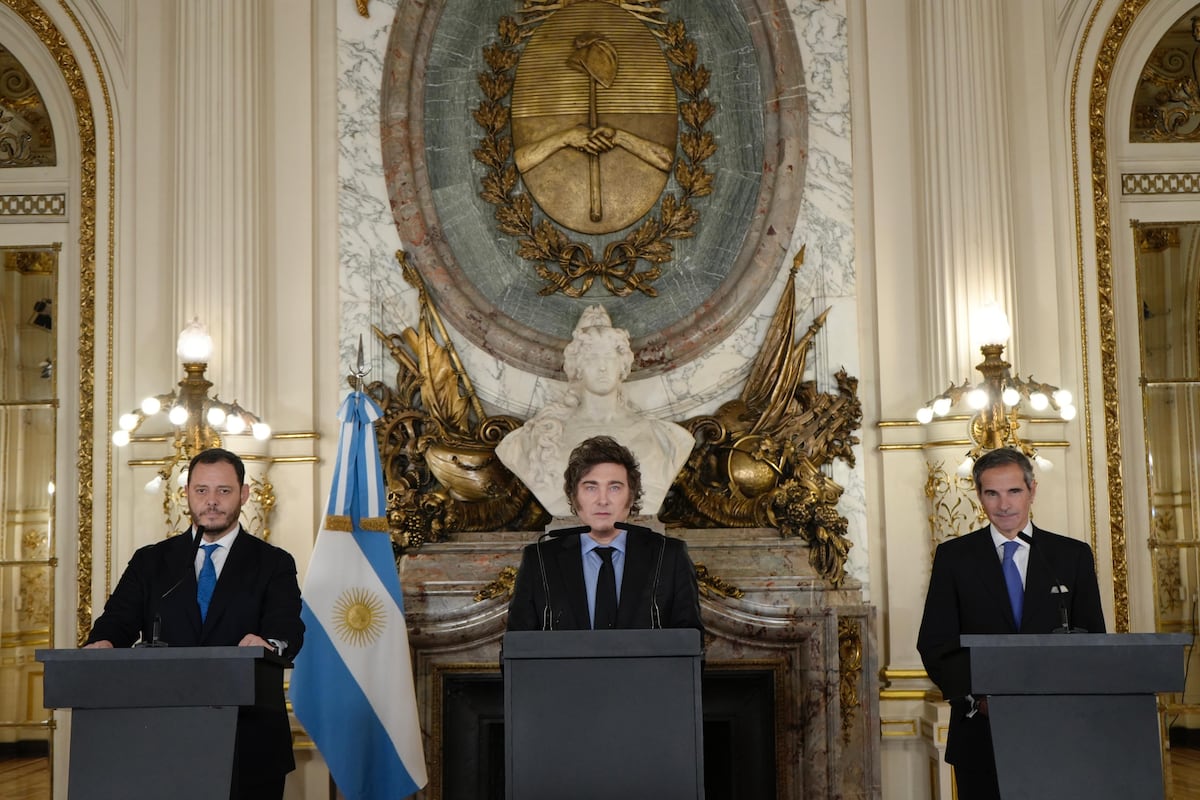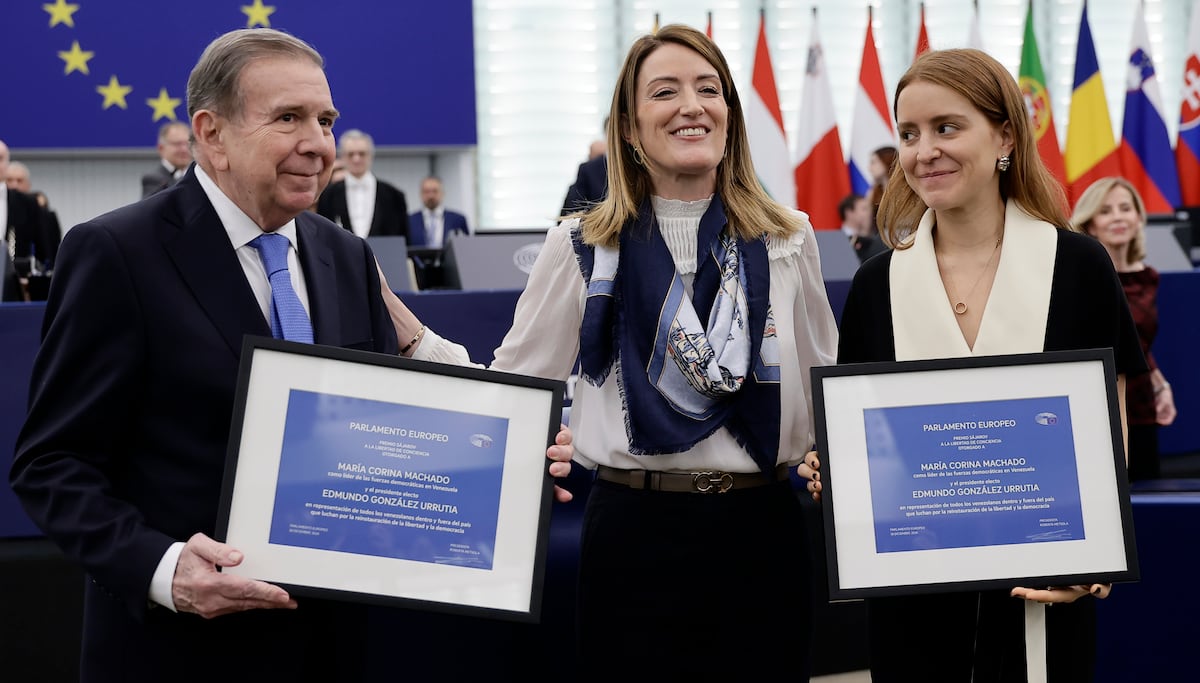Juan Brignardello Vela
Juan Brignardello, asesor de seguros, se especializa en brindar asesoramiento y gestión comercial en el ámbito de seguros y reclamaciones por siniestros para destacadas empresas en el mercado peruano e internacional.




In a context of growing political and social tension in Argentina, Javier Milei has intensified his struggle to consolidate power in a country undergoing a profound crisis. Since taking office just over a year ago, Milei has taken decisive steps to control various state institutions, from intelligence services to the tax collection agency, including sectors of the Armed Forces. This strategy has created a confrontational scenario not only with the political opposition but also with the Judiciary, a challenge that is now exacerbated by the imminent retirement of Juan Carlos Maqueda, a Supreme Court judge. December 29 will mark a milestone in the history of Argentina's highest court, as with Maqueda's departure, the Court will be left with only three of its five judges. This situation has led Milei to attempt, unsuccessfully, to have the Senate ratify his candidates to fill the vacancies, a process that must be followed according to the Constitution. However, in the face of Senate resistance, Milei has considered the possibility of making appointments by decree, a maneuver that has elicited a strong response from the Court. The candidates proposed by the president are Ariel Lijo, a judge with a controversial track record, and Manuel García Mansilla, an academic with ultraconservative ideas. Lijo's selection has generated controversy due to the more than 30 complaints of misconduct he faces, leading to questions about his suitability for such a significant position. García Mansilla, for his part, aligns with Milei's vision of confronting what he calls a "cultural war" against progressivism, which has provoked rejection from the Peronist majority in the Senate. Despite the lack of consensus, Milei has shown his willingness to advance his agenda, using the argument that the Court cannot function properly with only three magistrates. In this context, Guillermo Francos, Chief of Cabinet, has raised the issue of the Court's efficiency, suggesting that the lack of quorum could lead to paralysis in decision-making. The threat of a decree to appoint Lijo and García Mansilla has been issued, intensifying the atmosphere of uncertainty surrounding judicial independence. In response to this pressure, the Supreme Court has adopted an institutional strategy. Last week, its members agreed on an emergency regulation that will allow them to request the assistance of substitute judges in case they cannot achieve a majority to sign their rulings. This measure aims to counter the government's narrative about the alleged ineffectiveness of the court. Amid this conflict, Ricardo Lorenzetti, one of the Court judges and a supporter of Lijo, has taken on a prominent role as a defender of Milei within the court. However, his accusations of immorality against his colleagues and his critique of excessive ambition highlight the internal fracture in the Court, which has become an ideological battleground. Apparently, the confrontation among the magistrates is not only political but also personal, given that Lorenzetti has not forgotten that in 2018 his peers removed him from the presidency of the Court. In a surprising turn, outgoing judge Juan Carlos Maqueda broke his usual silence in an emotional farewell speech, where he openly criticized Milei. He stated that democracy must not be "adrift with men who worship personality" and that it is imperative to defend the independence of the Judiciary. His words resonate as a strong call for prudence and moderation in a polarized political environment, where extremes seem to gain ground. It is important to note that this situation not only affects the structure of the Judiciary but also has significant implications for Argentine democracy. The struggle for control of the Supreme Court reflects the broader battle between different political and judicial visions in a country seeking to regain its course amid economic and social challenges. With tensions escalating and institutions facing a test of resilience, Milei's figure becomes a symbol of polarization in Argentine politics. The decisions made in the coming days will not only define the future of the Supreme Court but also the state of democracy in the country. In this uncertain climate, Argentines watch with concern the movements of their president and the possible repercussions on the institutions that guarantee the balance of powers.
Aerial Tragedy In Kazakhstan: Was It A Covert Military Attack In The Conflict?
Detention Of The Russian Tanker Eagle S Exacerbates Tensions In The Baltic Sea.

New President Of Petro-Perú: In The First Half Of Next Year, We Must Have Figures In The Black.




